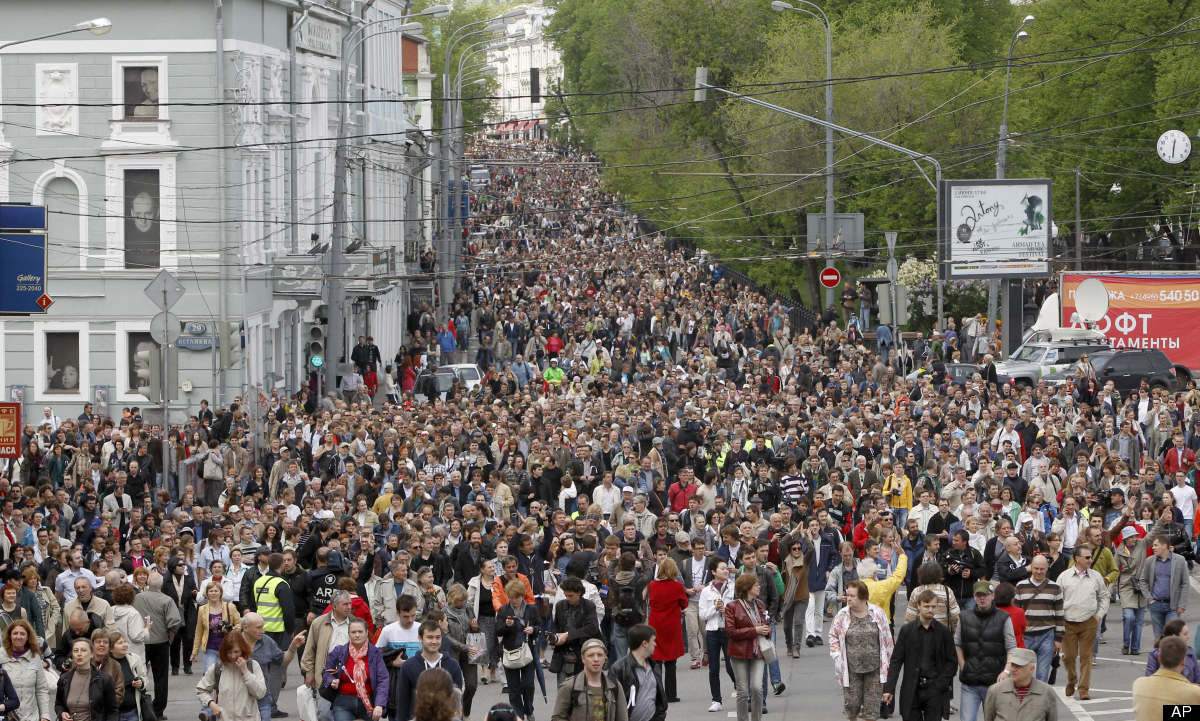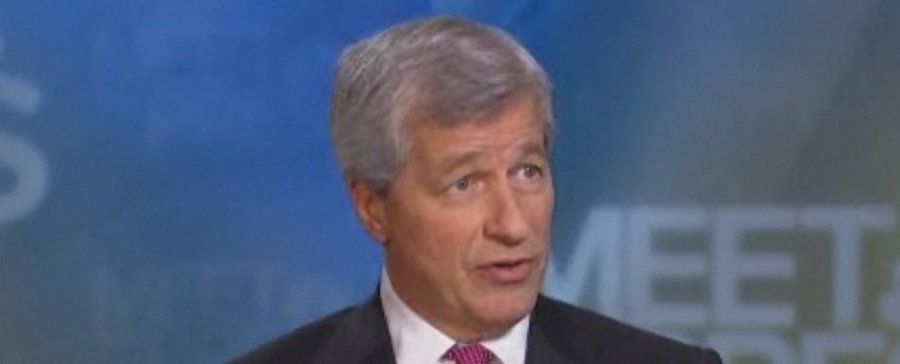Rarely has a judge been as blunt and outspoken in his condemnation of police and government and their reluctance to enforce the rule of law in this country. In fact, B.C. Supreme Court Justice Mark McEwan is so frustrated with the RCMP’s unwillingness to end an aboriginal blockade in the northern part of the province, he compared the situation to one of the most notorious native standoffs in Canadian history – Caledonia.
And underlying the judge’s remarks is the often tenuous relationship that exists between first nations and a common law that can be foreign to their way of doing business.
Mr. Justice McEwan made his pointed observations at a recent hearing into the occupation of the offices of the Gitxsan Treaty Society – the ruling body of the Gitxsan First Nation – that has been under way in Hazelton, B.C. since Dec. 5. It was ignited over an endorsement of the planned Enbridge pipeline project that a society member unilaterally entered into with the company.
And underlying the judge’s remarks is the often tenuous relationship that exists between first nations and a common law that can be foreign to their way of doing business.
Mr. Justice McEwan made his pointed observations at a recent hearing into the occupation of the offices of the Gitxsan Treaty Society – the ruling body of the Gitxsan First Nation – that has been under way in Hazelton, B.C. since Dec. 5. It was ignited over an endorsement of the planned Enbridge pipeline project that a society member unilaterally entered into with the company.















